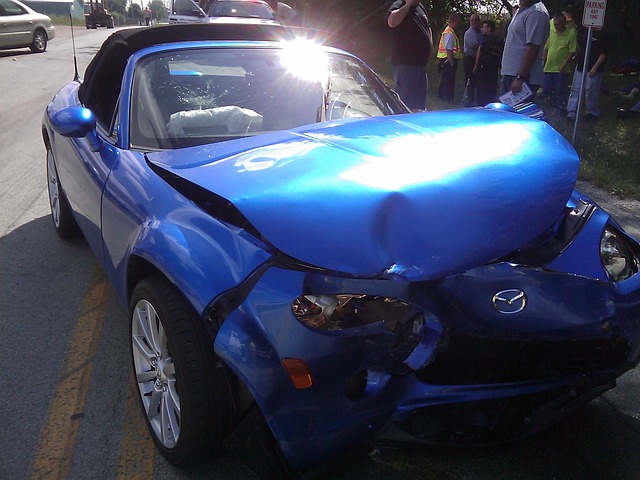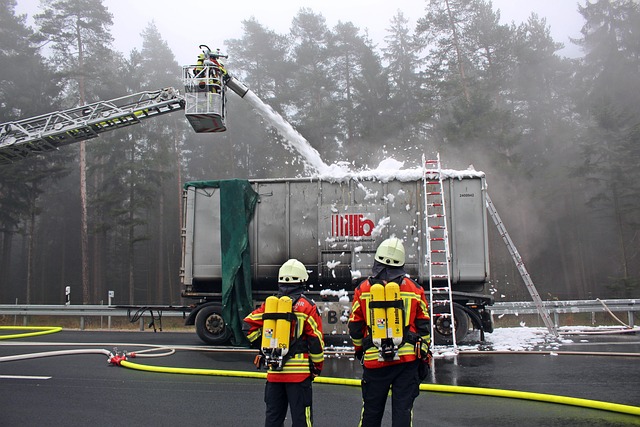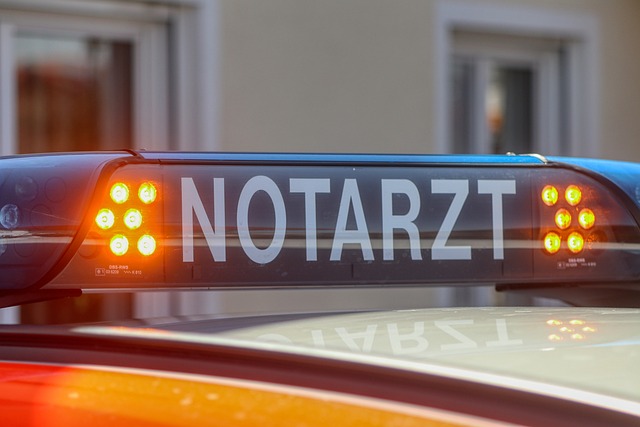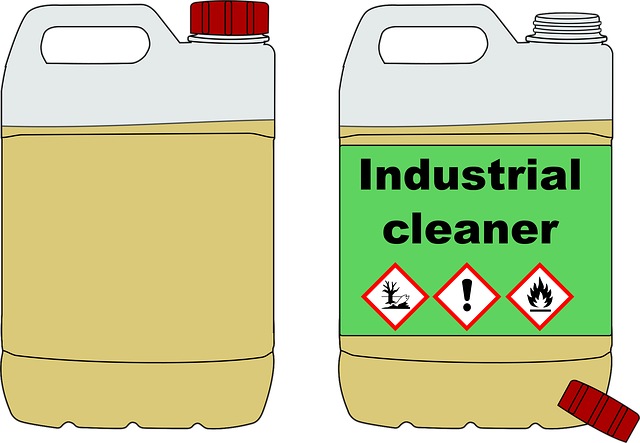A tanker accident training unit offers an innovative, immersive solution for enhancing first responder capabilities in hazardous material (hazmat) management. This tool replicates real-world rollover scenarios, enabling trainees to practice emergency responses without risk. Through interactive drills, personnel gain practical experience in rapid assessment, equipment deployment, and coordinated efforts, crucial skills that reduce risks during actual hazmat incidents. Regular sessions ensure response teams maintain proficiency, allowing them to react swiftly and safely.
In today’s digital era, enhancing hazardous material (Hazmat) handling skills is paramount. To address this critical need, we present a revolutionary tanker accident training unit—a rollover scenario simulator designed to transform traditional Hazmat training. This interactive platform offers immersive simulations of real-world scenarios, empowering emergency responders with the expertise to handle tanker accidents effectively. By leveraging cutting-edge technology, this training unit enhances safety skills, ensuring preparedness and minimizing risks in high-pressure situations.
- Simulating Real-World Scenarios for Hazmat Training
- Developing Effective Tanker Accident Response Protocols
- Enhancing Safety Skills Through Interactive Rollover Drills
Simulating Real-World Scenarios for Hazmat Training
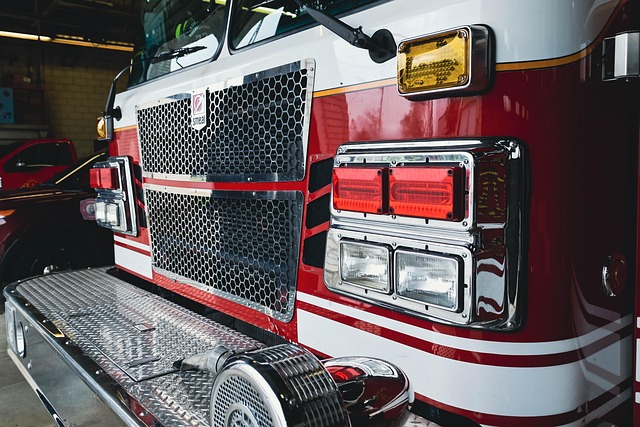
In the realm of hazardous material (hazmat) management, preparing for the unexpected is paramount. One innovative approach to enhance training capabilities is through the utilization of a rollover scenario training simulator for hazmat. This cutting-edge tool offers a dynamic and immersive experience, allowing trainees to confront realistic situations that mimic high-risk scenarios like tanker accidents. By replicating the complex dynamics of such incidents, the simulator provides an invaluable platform for practicing response strategies without actual danger.
The simulator’s ability to recreate real-world conditions, including vehicle instability and hazardous material releases, is a game-changer in hazmat training. Trainees can navigate through challenging environments, learning critical decision-making skills as they manage emergency responses. This hands-on approach ensures that when faced with an actual crisis, first responders are equipped with the knowledge and confidence to handle situations effectively, ultimately saving lives and minimizing environmental impact.
Developing Effective Tanker Accident Response Protocols

Developing effective response protocols for tanker accidents is paramount in the hazardous materials (hazmat) industry. These incidents often involve complex and potentially dangerous situations, requiring well-coordinated efforts from trained personnel. A key component to enhancing preparedness is through immersive training using a tanker accident response simulator. This advanced training unit replicates real-world scenarios, allowing first responders to practice their protocols in a controlled environment.
By simulating various tank truck accidents, including rollovers and leaks of hazardous substances, the simulator provides a safe space for learning and refinement. Trainees gain hands-on experience in deploying emergency equipment, containing spills, and evacuating areas effectively. Regular training sessions with such units ensure that response teams maintain proficiency, enabling them to react swiftly and efficiently during actual emergencies, minimising potential risks and maximising successful outcomes.
Enhancing Safety Skills Through Interactive Rollover Drills
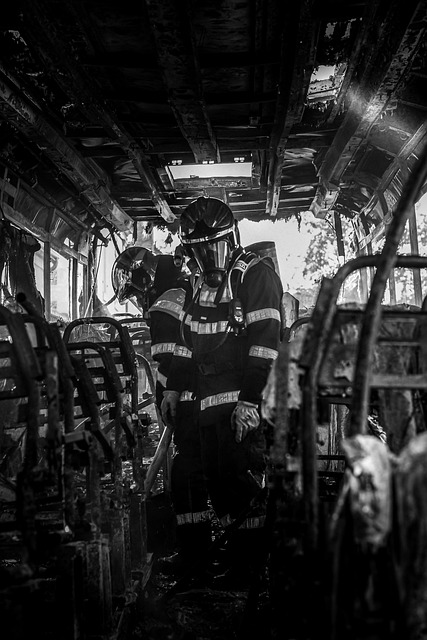
Interactive rollover scenario drills play a pivotal role in enhancing safety skills for hazardous materials (hazmat) personnel, particularly those involved with tanker accidents. These realistic simulations provide a controlled environment where first responders can practice their reaction to potential disasters. By participating in these drills, emergency teams learn to quickly assess the situation, deploy necessary equipment, and coordinate efforts—all vital skills that can significantly mitigate risks during real-world incidents involving hazardous materials tankers.
The tanker accident training unit incorporates various scenarios designed to challenge individuals and teams, fostering a culture of preparedness and quick decision-making. Through interactive exercises, personnel gain hands-on experience in managing complex situations, such as tank rollovers, leaks, and subsequent cleanup operations. This practical training ensures that emergency responders are well-equipped to handle unexpected challenges, ultimately contributing to the safety and efficiency of hazmat response teams.



